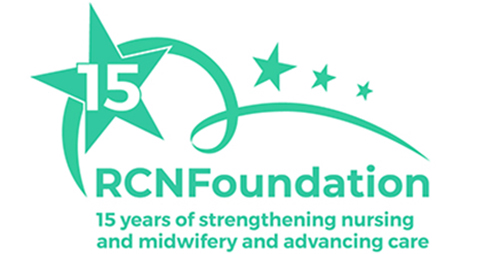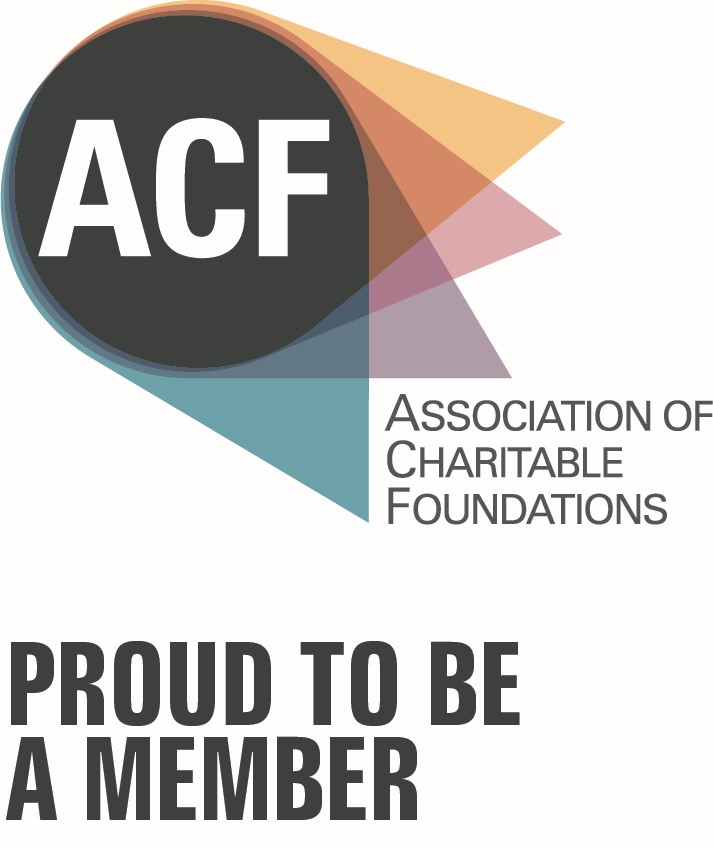“If you get it right for people with learning disabilities, you get it right for everyone.”
"Falling through the cracks? Making the case for Learning Disability Nursing."
On 22 October 2024, we held our Annual Lecture, hosted by Professor Jane Cummings CBE RN, Chair of the RCN Foundation Board of Trustees. The focus of the lecture was on Learning Disability Nursing and the critical challenges that are facing Registered Nurse in Learning Disabilities (RNLD's) as well as individuals with a lived experience of a learning disability.
Individuals with lived experience of a learning disability have a shorter life expectancy than people without, with a contributing factor being the health inequality that individuals with a learning disability experience. In recent years there has been a significant decrease in the number of learning disability nurses training to work in England’s health and care services, and the needs of people with a learning disability becoming more complex as they live longer.
In 2023, the RCN Foundation launched a £360,000 programme of grant-making to develop the evidence-base underpinning learning disability nursing practice to address these health inequalities and enhance the health-related quality of life outcomes for individuals with lived experience of a learning disability.
The first study in the programme explored the economic case for investing in the RNLD field. The findings were presented at the Annual Lecture by Professor Martin Knapp who undertook the scoping review. The Annual Lecture featuring a dynamic "Question Time" style panel discussion and debate, allowing guests to ask questions to the panel.
The panel was made up of distinguished guests including:
- Professor Jane Cummings CBE RN, Chair, Board of Trustees, RCN Foundation and former CNO for England
- Professor Martin Knapp CBE PhD FAcSS, Professor of Health and Social Care Policy at the London School of Economics, who led the research study
- Aaron Hume, Scottish disability rights campaigner, West Lothian college student and Board Trustee at Values Into Action Scotland
- Lauretta Ofulue, Health Visitor and campaigner for Learning Disability Nursing.
Martin stated that “there are real economic consequences of not addressing these issues” however, the scoping review did pose its challenges – there is often limited data available, with a heavy focus on services rather than workforce and ultimately, more research is needed to evidence the economic impact of RNLD’s.
What does this mean for the profession?
Martin posed this question to the audience which opened the floor for discussion.
One audience member asked, “given that the scoping review was at the benefit of Learning Disability Nurses, has there been a scoping review to consider what happens with a lack of RNLD’s?”
Martin led the response citing that “it is often hard to do research where there is a gap however, often we don’t intervene or recognise needs early enough. It would be productive to use money already in the system in better ways to meet the needs and fill some of the gaps in the workforce.”
Lauretta added to this stating that “we need to rethink how we demonstrate and justify what we spend so we can show to people the value of our professions. As RNLD’s, some of our work is masked within multidisciplinary teams, and we need to think how as RNLD’s we can demonstrate our own unique impact within these teams.
Heidi, a Senior Lead Nurse working in the community in Norfolk, echoed this, expressing that education people in their home settings (and the people that support them) empowers them to make choices about their own health.
Finally, in the words of Aaron “if you get it right for people with learning disabilities, you get it right for everyone.”
Couldn’t make it?
If you were unable to attend the event, you can watch the recording here.






